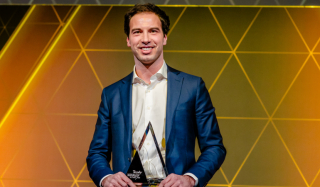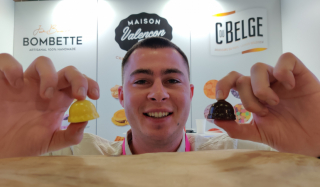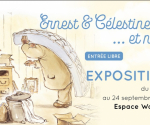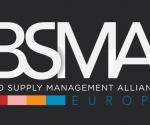
Anouk Bonte, Enabel Junior Expert, has just completed her two years working in an APEFE programme building health professionals’ technical skills in Parakou, Benin.
The Enabel Junior Programme offers young professionals the opportunity to work in the field in the Global South to gain professional experience and springboard their career. In return, the host organisation benefits from knowledge and expertise that the Junior Experts bring and contribute to programme implementation. It is in the context of this win-win scenario that APEFE welcomed Anouk into their team in Parakou for the past 20 months.
She looks back over her journey with the programme team.
Hi Anouk Can you tell us about yourself?
My name is Anouk and I come from Bruges. I studied education for 5 years at Ghent University and then I studied international cooperation for one year at UC Louvain. As part of this year studying international cooperation, I did a 6 month internship in Brazil.
After that I started working in a Public Centre for Social Welfare (CPAS) as a social welfare assistant in Bruges with refugees and asylum-seekers. At the same time I did the Infocycle training in order to join the Enabel Junior Programme and I then passed the exams and was accepted onto the Junior Programme.
So, my experience with APEFE in Benin wasn’t my first professional work experience, but it was my first time working professionally overseas.
What was your role as a Junior Expert in education within the APEFE office in Parakou?
Initially, my work was mainly focused on building skills of teachers and school administrators on teaching methods. As part of that I did a lot of monitoring and evaluation of the training and workshops in order to observe and better understand how things worked in Benin. The school had 1900 students enrolled, three-quarters of whom were female. From the lessons that I observed I noticed that the female students experienced a lot of sexual harassment.
As a result of this observation, we decided to focus on a gender approach for the second year of my contract. Starting in January 2019, the school health clinic and family planning staff took part in training, which emphasised gender issues (identifying and training a focal point, organising awareness raising activities etc.) and psychosocial support, which included creating a psychosocial listening zone and building psychosocial skills.
For example, we highlighted the importance of having separate toilets for men and women.
I also delivered training on the gender approach to teachers at the Don Bosco Private Teaching College in order to inform them of the basic concepts linked to this issue.
In addition, I designed a booklet on contraceptive methods in collaboration with the clinic and a midwife from Parakou University, which we distributed to students.
That took some time, but today the clinic is in the process of adapting and educating staff in psychosocial care. The school principal is also now more aware of and receptive to the issue.
What have you learned from this experience?
At first, it took some time for people to take me seriously as a young, white woman. On top of that, French isn’t my first language. I had to find a way to communicate with people and have an understanding of their context in order for us to be able to work together. At the end it was great to see how things had evolved and how we had found a balanced way of working together.
Also, when I arrived I didn’t know about the local values or how things worked on a professional level so I had to adapt to the reality on the ground.
It’s really been an experience that has left its mark on me, from a professional point of view, but also a human one.
What are your plans now?
I have no idea. I got back to Belgium yesterday after these 2 years of working in Parakou. I know that I want to work in cooperation, but I don’t know whether it will be in Belgium or abroad. It will depend on the type of role I find.
For the latest news about development cooperation in Wallonia-Brussels, visit the Apefe website.







